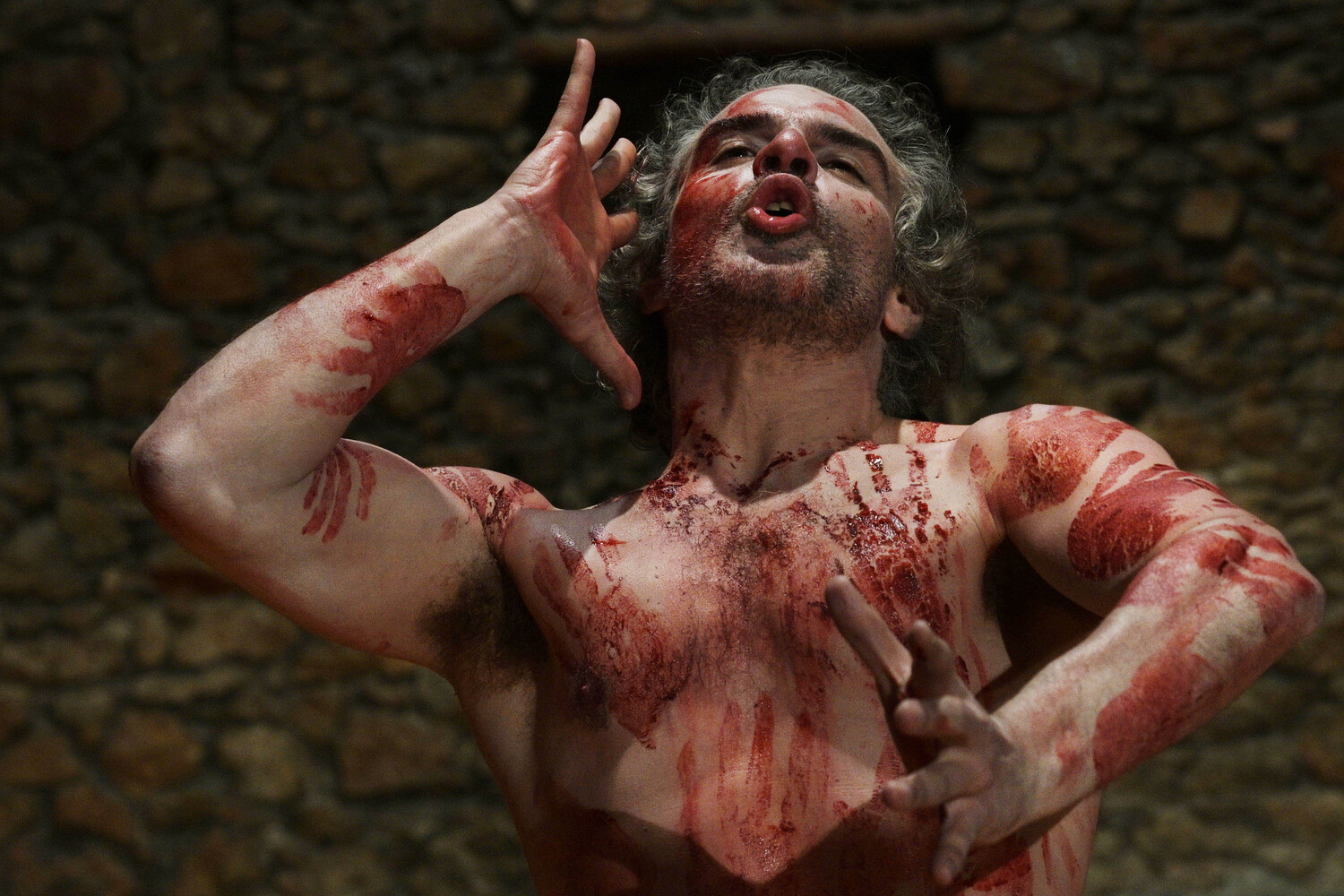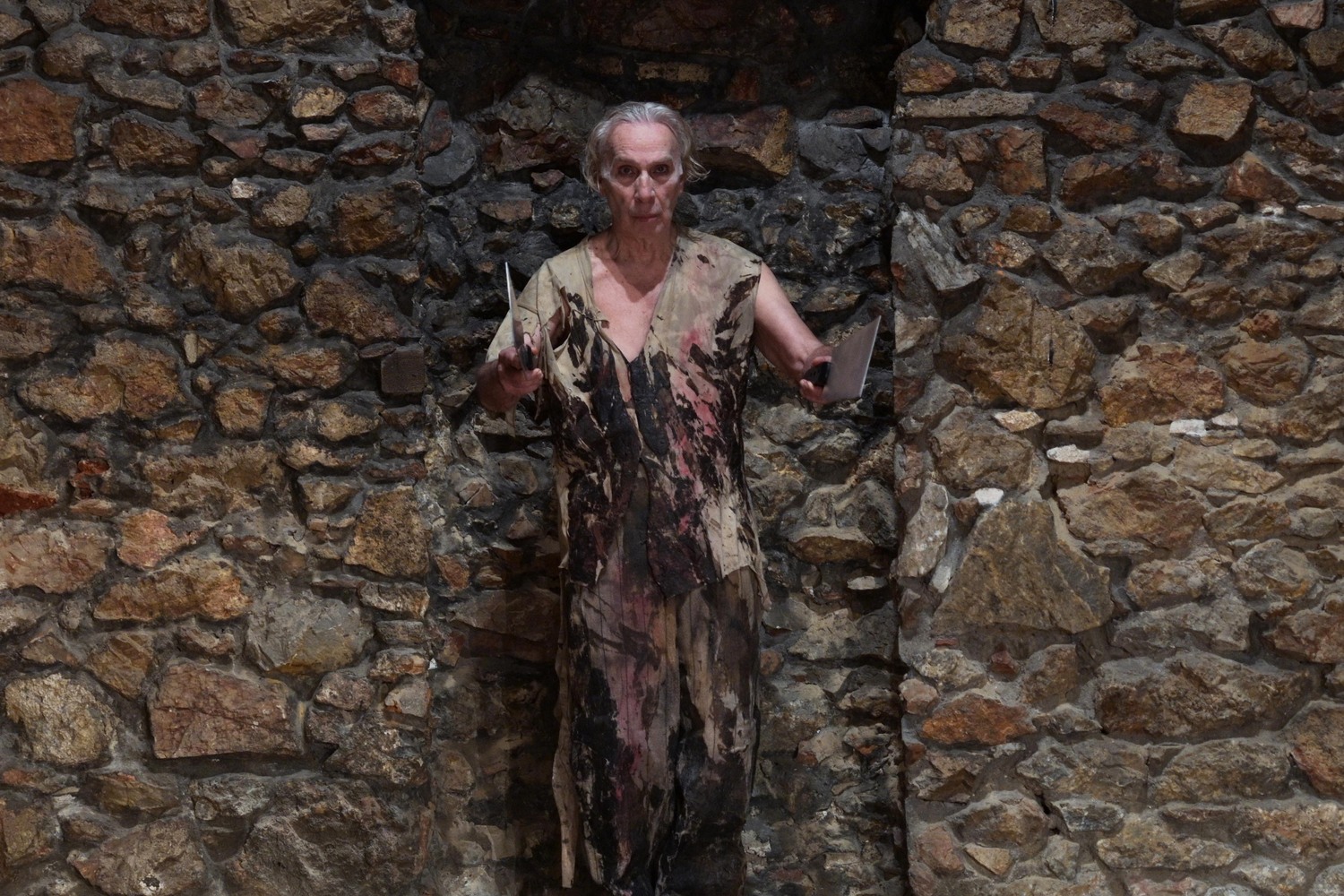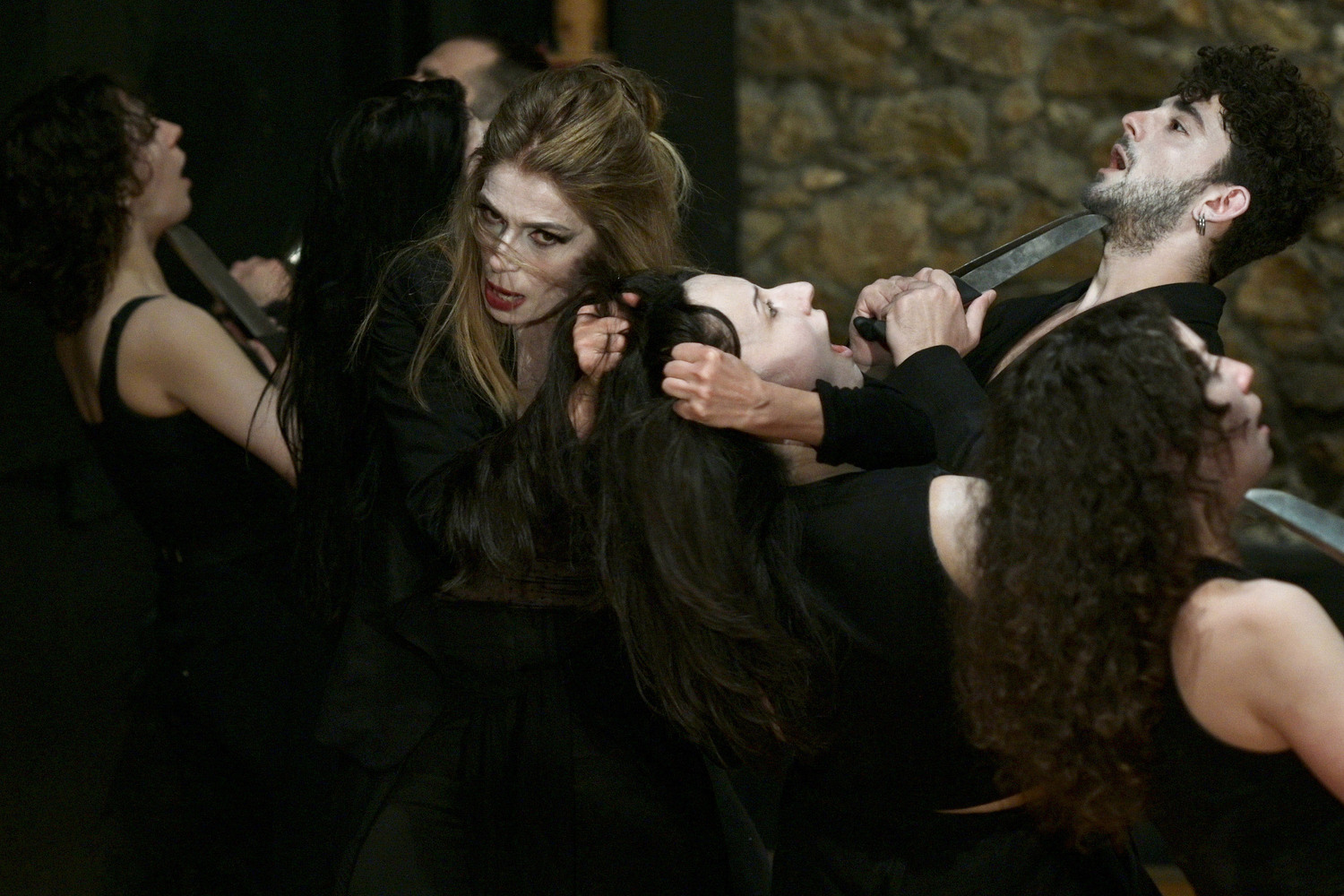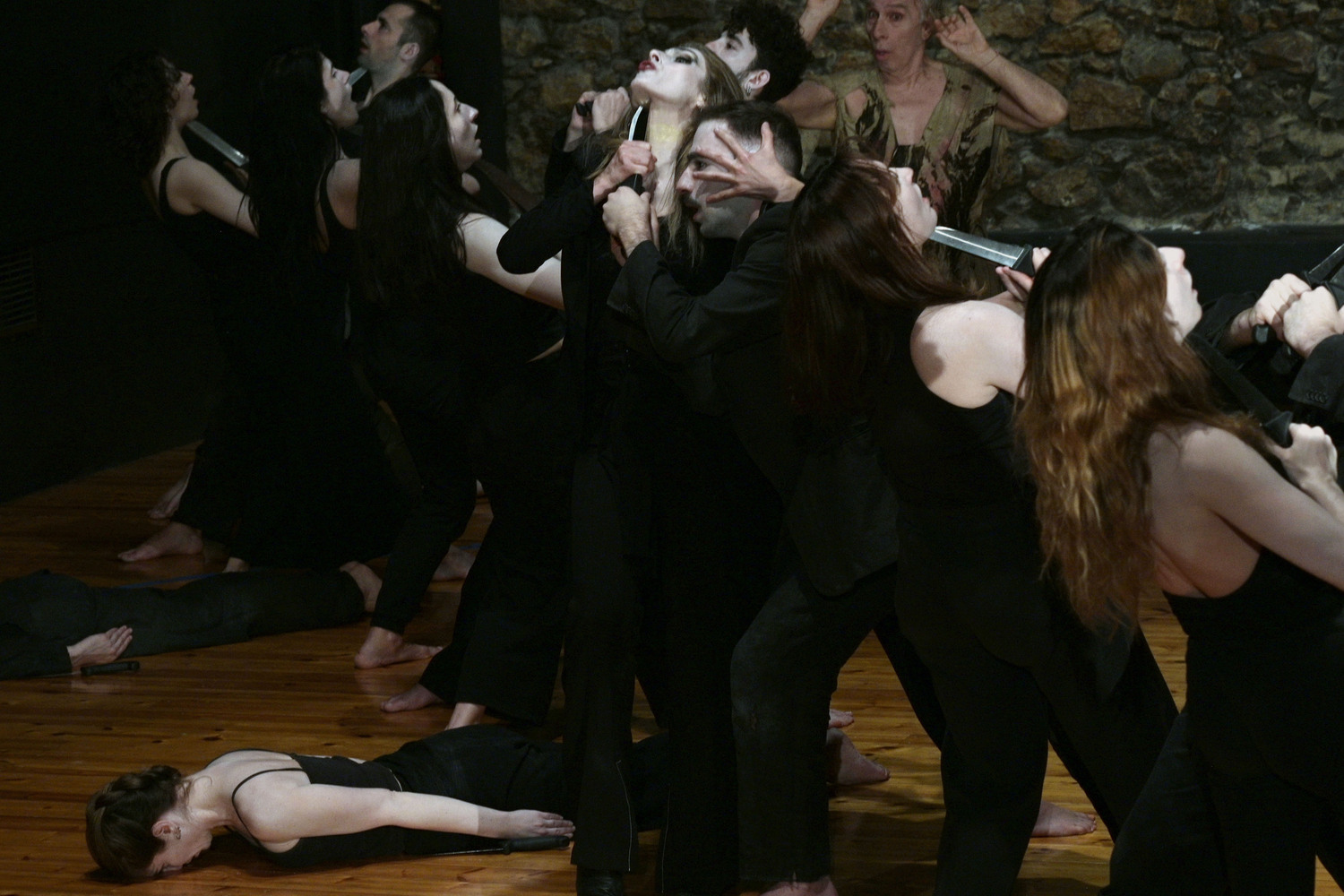National Theatre of Greece – Theodoros Terzopoulos
Oresteia
by Aeschylus

For the first time, the National Theatre of Greece collaborates with the internationally acclaimed Greek director and teacher Theodoros Terzopoulos, who will be directing Aeschylus’ Oresteia, the only surviving trilogy of Ancient Drama and the last surviving work of the author (created only two years prior to his death), in a single performance.
Oresteia was introduced in Athens, at the City Dionysia (En Astei Dionysia) in 458 BC, a year of high tension between the proponents of Oligarchy and those of Democracy, reflecting the political, historical, and social conflicts, and the violent upheavals of the time. Among the reasons for this tension were Ephialtes’ democratic reforms concerning the operation and structure of the Supreme Court (Areios Pagos). And while Athens at home was in a period of transition, it pursued an extremely bold policy towards other cities, allying at the same time with Argos, which had seceded from the Peloponnesian Alliance. The influence of both these historical events on Oresteia is apparent.
The author draws his inspiration from the myth of the Atreidae and the terrible curse cast upon their house. After ten years of war, the Palace of Mycenae is about to welcome its king, Agamemnon, as the triumphant general of all Greeks. Yet his arrival from Troy also means his death by the hand of his wife Clytemnestra, aided by Aegisthus. In Choephori (The Libation Bearers), the return of Orestes brings the longed-for revenge for Electra. The Chorus rejoices at the royal house’s redemption and Orestes sets out, as a suppliant, to seek Apollo’s protection at Delphi, while the Erinyes (Furies) come after him. Eumenides is based on the creative retelling of certain Attic cult myths about Orestes’ flight to Athens and his trial by the gods of Olympus. Aeschylus’ plot is further enriched by the establishment of the Areios Pagos on Athena’s initiative and the court’s involvement in the breaking of the curse. Balance and reconciliation then come to close a cycle of blood and vengeance.
A work of astonishing maturity, integral aesthetics, intellectual depth, and a multitude of philosophical inquiries; a work that expands the boundaries of art and boldly defends a democratic constitution.
To date, Oresteia has been staged by the National Theatre of Greece at Epidaurus five times: in 1954 and 1959 directed by Dimitris Rontiris, in 1972 directed by Takis Mouzenidis, in 2001 directed by Yannis Kokkos, and in 2019 by three directors, Io Voulgaraki, Lilly Meleme, and Georgia Mavragani, each of whom undertook a tragedy in their first production at Epidaurus.
With Greek and English surtitles
Related Events
Duration 3 hours 5 minutes
Ancient Theatre of Epidaurus
- 12/07 until 13/07/2024 at 21:00
all events
Opera | Theatre | Dance | Premiere | Greek Debut
all venues













